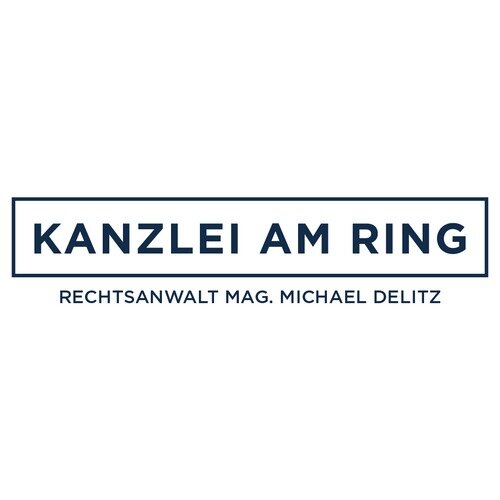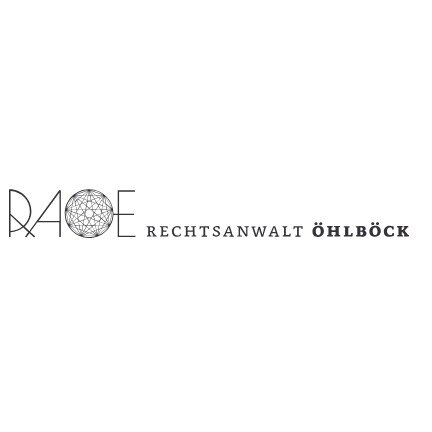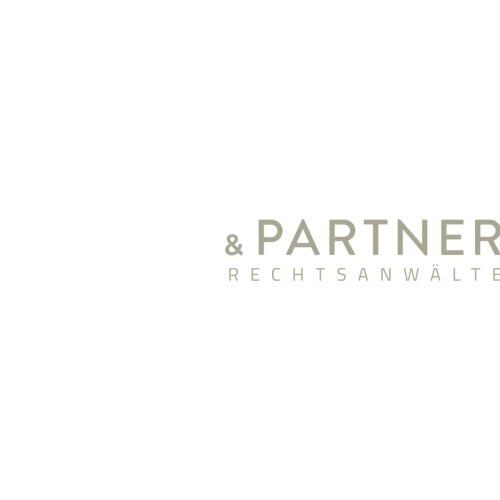Best Private Equity Lawyers in Vienna
Share your needs with us, get contacted by law firms.
Free. Takes 2 min.
List of the best lawyers in Vienna, Austria
About Private Equity Law in Vienna, Austria
Private equity is a key contributor to the Austrian and Central European economies, with Vienna serving as a major hub for investment activities. Private equity generally involves investing in or acquiring private companies, restructuring businesses, and seeking returns through subsequent sale or public offering. The legal landscape in Vienna is sophisticated, combining local Austrian law, European Union regulations, and best practices in corporate governance, capital markets, and taxation. Law firms in Vienna often provide cross-border services, reflecting Austria's role as a gateway between Western and Eastern Europe.
Why You May Need a Lawyer
Whether you are an investor, fund manager, entrepreneur, or business owner, legal guidance is essential when dealing with private equity transactions. Common situations requiring legal assistance include:
- Structuring and setting up private equity funds
- Drafting and negotiating investment agreements
- Conducting due diligence on potential acquisitions
- Ensuring regulatory compliance with local and EU laws
- Restructuring companies before or after investment
- Resolving disputes arising from investments or partnerships
- Advising on exit strategies such as IPOs or sale of shares
- Tax planning and optimization of investment returns
Local Laws Overview
Private equity activities in Vienna are governed by a combination of Austrian national laws, EU directives, and regulatory guidelines. Some key aspects include:
- Company Law: The Austrian Companies Act (Unternehmensgesetzbuch, UGB) and Stock Corporation Act (AktG) provide the framework for forming, operating, and acquiring businesses.
- Financial Regulation: The Austrian Financial Market Authority (FMA) oversees compliance with rules around fund management, licensing, and investor protection.
- Mergers and Acquisitions: Transactions may trigger review by the Austrian Takeover Commission or competition authorities if specific thresholds are met.
- Tax Regulation: The Austrian tax code addresses the treatment of capital gains, dividends, withholding taxes, and other aspects crucial for private equity investors.
- Employment Law: Labor protection laws may influence the restructuring or management of portfolio companies, especially during acquisitions or layoffs.
- EU Influence: European directives such as the Alternative Investment Fund Managers Directive (AIFMD) impact fund structuring, investor disclosure, and cross-border fundraising.
Frequently Asked Questions
What is private equity and how does it work in Vienna?
Private equity refers to investments made directly into private companies, often involving buyouts or growth funding. In Vienna, private equity firms invest in businesses to enhance their value and eventually sell them for a profit, working within Austria's legal and regulatory environment.
Are there restrictions on foreign private equity investors in Austria?
Austria generally welcomes foreign investment, but certain sectors such as defense, telecommunications, and critical infrastructure may be subject to approval or additional scrutiny by regulators.
Which regulatory bodies oversee private equity in Vienna?
The Austrian Financial Market Authority (FMA) regulates fund managers, funds, and investment activities. The Austrian Takeover Commission and Federal Competition Authority may also be involved in certain transactions.
What legal structure can a private equity fund take in Austria?
Private equity funds in Austria often use structures such as limited partnerships (Kommanditgesellschaft) or other corporate vehicles that offer flexibility for investors and managers. Cross-border structures may also be used depending on investor needs.
Do I need legal due diligence before investing?
Yes, comprehensive legal due diligence is essential to identify potential risks, verify title to assets, ensure compliance, and uncover hidden liabilities in target companies.
What are typical steps in a private equity transaction?
Steps generally include fund structuring, negotiation and execution of investment documents, due diligence, regulatory filings, deal closing, monitoring, and finally, exit planning.
Are employee rights affected in a private equity transaction?
Employee rights are protected under Austrian law, including during mergers, acquisitions, and restructurings. Consultation with works councils and compliance with labor regulations are often mandatory.
How is private equity taxed in Vienna?
Taxation depends on the investor structure, source of income, and residency. Capital gains, dividends, and interest may be subject to corporate or withholding taxes, with possible relief under double taxation treaties.
What happens if a dispute arises in a private equity deal?
Disputes may be resolved via negotiation, mediation, arbitration, or litigation under Austrian law or as stipulated in investment agreements. Choosing the appropriate dispute resolution forum during contract drafting is important.
How do I choose a reliable private equity lawyer in Vienna?
Look for law firms with proven private equity and corporate experience, a good reputation, industry recognition, fluency in English, and an understanding of both local and cross-border transactions.
Additional Resources
If you seek further information or support related to private equity in Vienna, consider reaching out to the following organizations:
- Austrian Private Equity and Venture Capital Organisation (AVCO) - Industry association for private equity and venture capital
- Austrian Financial Market Authority (FMA) - Regulator for financial services and funds
- Austrian Economic Chamber (WKO) - Provides guidance for businesses and investors
- Federal Competition Authority (BWB) - Oversees competition and merger control matters
- Local law firms specializing in private equity and corporate law
Next Steps
If you require legal assistance regarding private equity in Vienna, consider the following steps:
- Identify your specific needs, such as investment planning, fund formation, or transaction support
- Compile relevant information and documentation for initial consultation
- Research and shortlist law firms or attorneys with expertise in private equity and corporate law
- Arrange consultations to discuss your case, ask about experience in similar matters, and clarify fee structures
- Engage a lawyer who demonstrates a clear understanding of both your goals and the Austrian legal environment
A qualified private equity lawyer can help you navigate regulatory complexities, protect your interests, and maximize your investment outcomes in Vienna, Austria.
Lawzana helps you find the best lawyers and law firms in Vienna through a curated and pre-screened list of qualified legal professionals. Our platform offers rankings and detailed profiles of attorneys and law firms, allowing you to compare based on practice areas, including Private Equity, experience, and client feedback.
Each profile includes a description of the firm's areas of practice, client reviews, team members and partners, year of establishment, spoken languages, office locations, contact information, social media presence, and any published articles or resources. Most firms on our platform speak English and are experienced in both local and international legal matters.
Get a quote from top-rated law firms in Vienna, Austria — quickly, securely, and without unnecessary hassle.
Disclaimer:
The information provided on this page is for general informational purposes only and does not constitute legal advice. While we strive to ensure the accuracy and relevance of the content, legal information may change over time, and interpretations of the law can vary. You should always consult with a qualified legal professional for advice specific to your situation.
We disclaim all liability for actions taken or not taken based on the content of this page. If you believe any information is incorrect or outdated, please contact us, and we will review and update it where appropriate.















